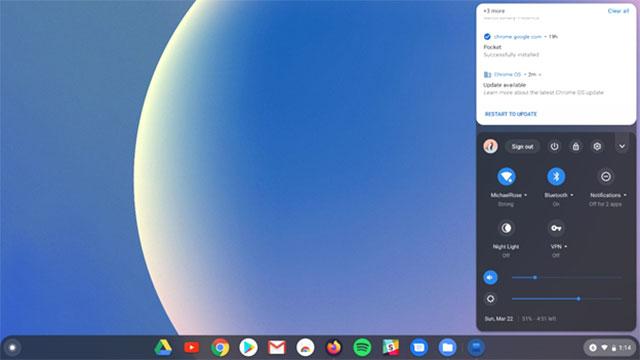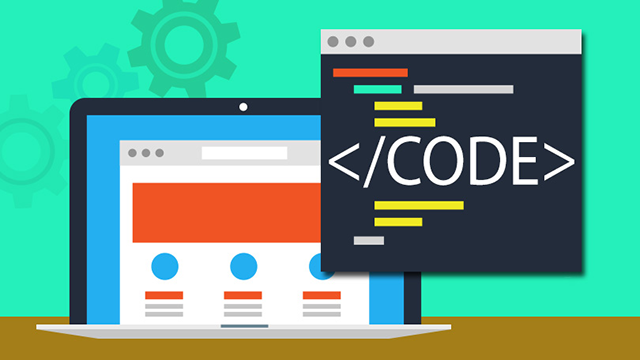You are here
Chiptalk: Simplifying computer operating systems
By Jean-Claude Elias - May 14,2020 - Last updated at May 14,2020

Photo courtesy of wordpress.com
Even if you are not an Information Technology (IT) professional or expert, you know that what makes your smartphone, tablet, laptop or desktop computer go is software referred to as operating system (OS). The main names are only a handful and together they rule the world of IT, and therefore in a certain way the world! They cover all machines, from the smallest mobile device to the biggest supercomputer.
They are – essentially — Microsoft’s Windows, Apple’s MacOS and iOS, Google’s Android and Chrome OS, and last but not least is the special case of Linux/Unix which is not the property of a commercial entity but is “community-owned”. Linux/Unix primarily is the brainchild of Linus Torvalds, the celebrated Finnish-American computer scientist.
This article is not a comparison, a description or an analysis of the above systems, but a mere reflection about one of them in particular, Chrome OS.
Despite having currently only six per cent of the OS market share in the United States, the concept and the very design of Chrome OS present it as the one that makes perfect sense today. You would expect it to lead the market. Its strong point may not be the amount of functionality as much as it is its simplicity and its avant-garde simplicity.
It is based on the global and perfectly valid notion that nowadays you run most applications online and you even store your data and files online. Why then should you bother installing and maintaining software on your computer, or buy and service expensive, unreliable local discs for local storage? This is old, expensive and time-consuming. This is swimming against the tide.
With the stripped Chrome OS you go to the company’s equally celebrated web browser that – of course – is named Chrome, and you do everything from there, while being connected to the Internet. It cannot be easier. The formula is so simple, so efficient and so obvious that one wonders why Chrome OS has only six per cent of the market. It has all the ingredients, by design, to be a leader.
Given the processing power of even the most inexpensive computers today and the speed of the Internet, even software applications that are very demanding in terms of processing, memory requirements and storage can be used online without even a glitch.
I recently used SketchUp online to design a three-dimensional object that was then sent to a 3D printer. I didn’t need to download or install anything at all. All I had to do was to log in the application via my web browser, do the design and save it in my also online Dropbox.
Other heavy-weight applications that were unthinkable to work online a few years ago include Adobe’s Photoshop and Illustrator. Now you can use them online with the same ease and pleasure as if they were on your computer. For all these programmes Chrome OS would more than do the job.
If Chrome OS would be the ideal OS for the vast majority, there will always be special cases where it just wouldn’t. However, such situations are less and less frequent. Among them are the cases of server computers. Windows Server OS for the “common” servers, and Unix for the supercomputers are the solutions in these cases. In other words, Chrome OS would really be a good choice only for personal computing – not a small share of the world’s installed base of computers.
Related Articles
Does the cost of using Windows, Microsoft Office, MacOS, Adobe Photoshop, Sony Sound Forge audio editing suite and other similar products fo
It has been here since the very beginning of the modern computer era, circa the 1950s, and it is proving now that it is more important than
Which is your favourite Internet browser? Which one have you defined as the default browser in your system?

















